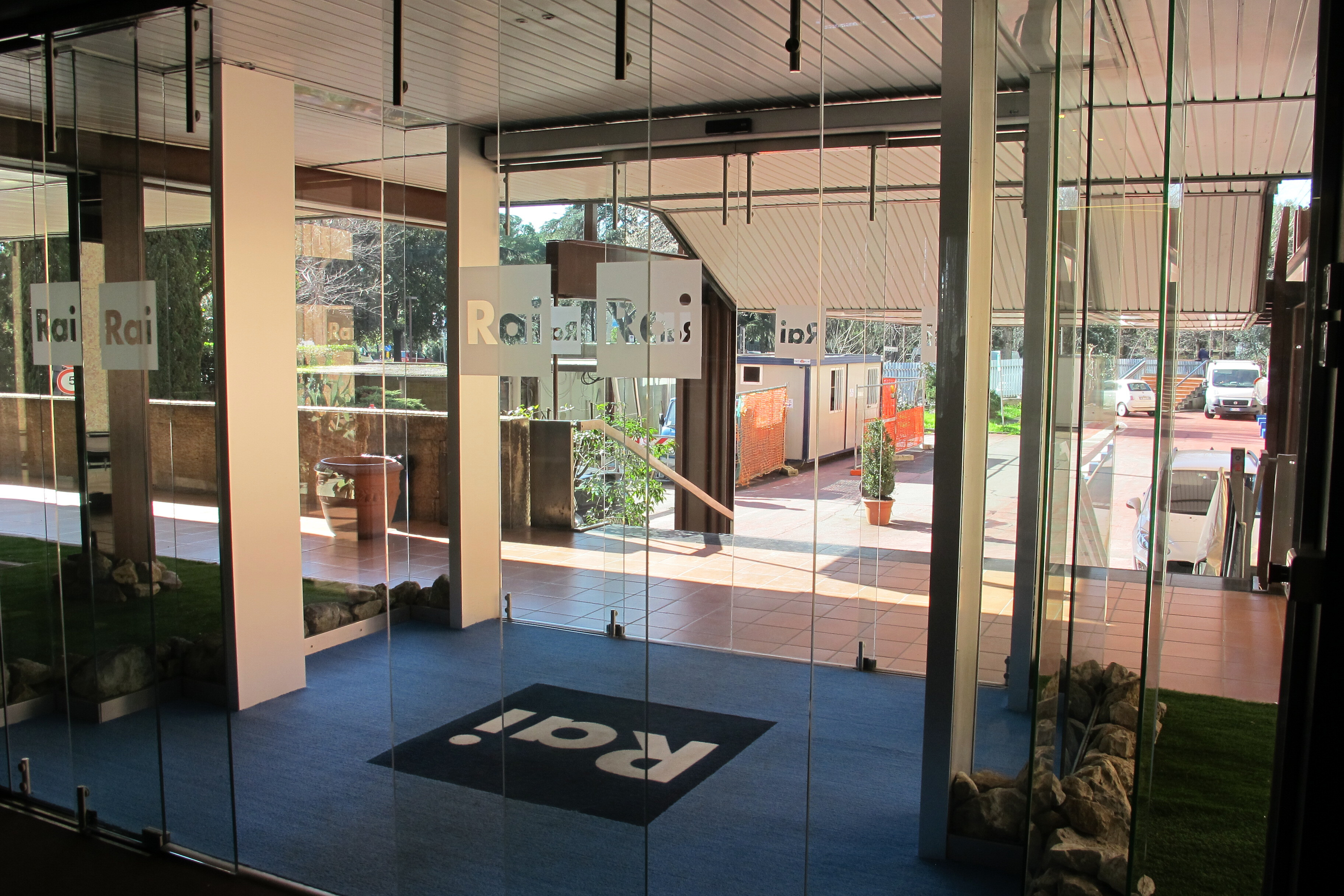RAI’s board of directors have rejected a new editorial plan, leading to the resignation of the Head Editor and the potential to lower ratings amid growing criticism.
On 3 January, the Board of Directors for the Italian public service broadcaster, RAI turned down the new editorial proposal that Carlo Verdelli submitted in December. Verdelli resigned as Head Editor following this decision, leaving RAI to work on a new editorial plan.
“There cannot be a Director that does not have the trust of the Board of Directors,” said Verdelli upon his resignation.
Among the main points of his plan, Verdelli proposed to move the headquarters from Rome to Milan and to change the way RAI delivers regional information. Verdelli suggested the creation of a new southern TV news programme based in Naples, ‘Tg-Sud’, with the intention of distributing journalists with strong multimedia skills across Italy.
In addition, the plan sought to create five “macro areas of information” or five regions that would have needed five governors with full managerial powers. The governors would have had to create the structures, decide what material and infrastructures were available, as well as the journalists and media professionals hired and the content to deliver.
RAI accepted the news of Verdelli’s resignations with regret and expressed its appreciation for the plan.
“The news plan proposed by the Director Verdelli and his team will remain a precious basis for the beginning of a debate to pass the final news plan,” said an RAI press release.
However, the Board of Directors deemed it “incompatible” with what the broadcaster wanted when it comes to news content and its reorganisation.
Financially the broadcaster is performing better than previous estimates. Merging the TV license fee with electricity bills made the RAI earn €2,5 billion and saw the fee go down to €90. But lower prices were not enough to guarantee a high number of shares and audience rates. In the last year, RAI lost 2.04% of shares performing worse than many other media outlets in Italy. RAI also needs to improve on the quality and relevance of its programmes, partly the reason why team Verdelli worked on the rejected plan. Yet changing the organisation’s headquarters and dividing the country into news regions was deemed to have limited potential, especially in better connecting RAI with its audience.
However, rather than discarding the proposal altogether, the Board of Directors have stated that they will revisit and rewrite each point in the proposal according four pillars: digital news; flow of information; information coming from news programmes/networks and their coordination; foreign news and for Italian-speaking communities.
Meanwhile, Usigrai, the trade union for RAI’s journalists expressed its discontent, declaring that the consultations and meetings for the proposal failed to deliver a concrete structure nor a proper news plan.
“This story cannot end here,” said executive Usigrai. “We won’t remain silent in front of the delegitimisation of RAI and public broadcasting caused by an inadequate board.”
The organisations called the RAI’s Directors to face the consequences and take responsibility.
“Rai doesn’t need hasty reform plans,” continued Usigrai echoed by the trade union of Italian journalists (Fnsi). “In the last 18 months, the committee has produced TV failures, ignored radio, reduced to zero news on the web, and violated rules [resulting in] sanctions from authorities and judges.”
The only way to do so, says Usigrai, is to recognise that RAI is an invaluable resource for the nation and because of this, it needs to secure stable and long-term funding to innovate itself, establish a new mission, a new industrial and editorial plan and a board of directors that can actually define them and put them in place.
Header image: RAI building in Rome. Credits: Simone Graziano Panetto/Creative Commons
Related Posts
5th December 2016
Changes to Italian TV license measure ‘better than expected’
Since early 2016, Italians have been…
